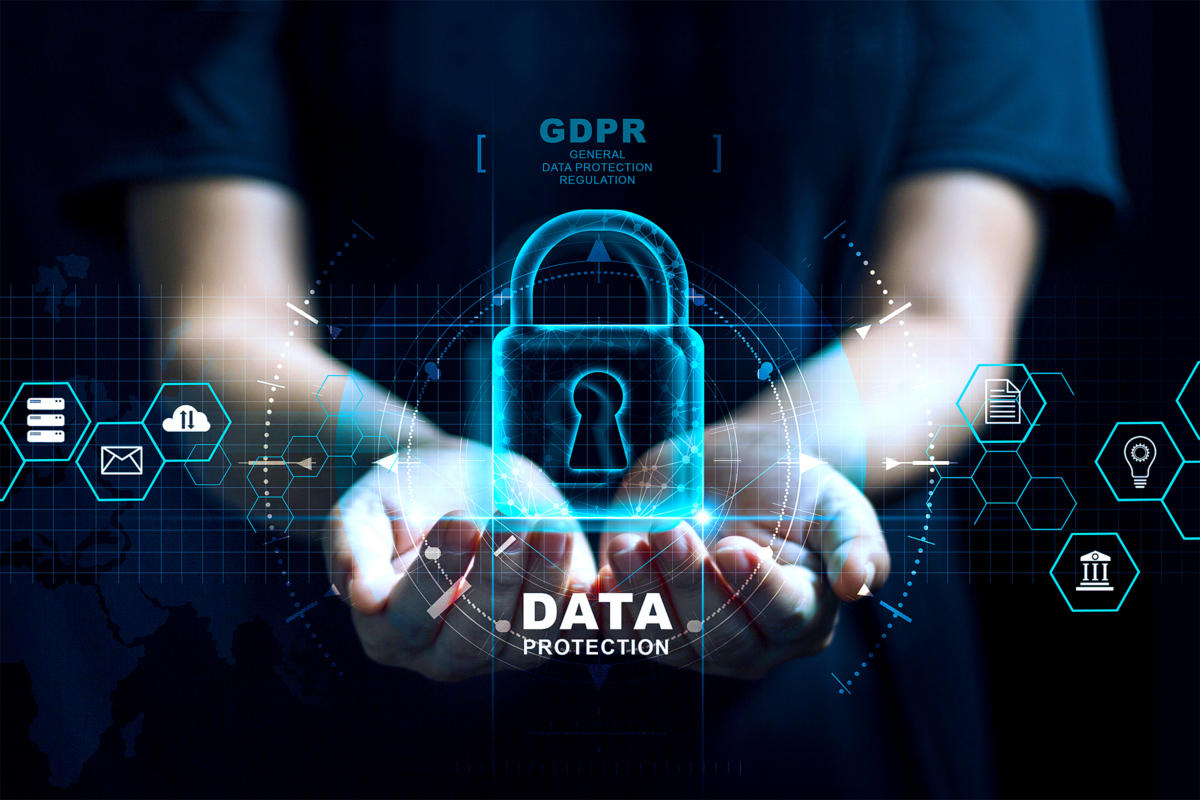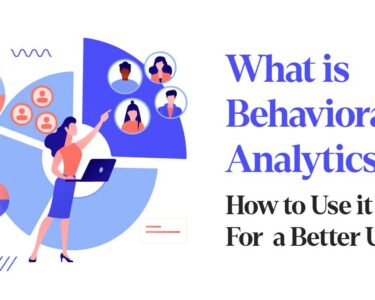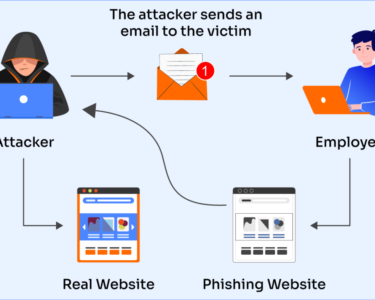
Digital Security: Protecting Privacy in the Digital Age
In the era of ubiquitous internet connectivity and the proliferation of digital devices, protecting our online privacy has become paramount. Digital security plays a crucial role in safeguarding sensitive information, maintaining control over personal data, and preventing cyber threats.
Threats to Digital Privacy
- Data Breaches: Unauthorized access to and theft of personal information stored in databases or on devices.
- Malware and Spyware: Malicious software that tracks user activity, steals passwords, and compromises devices.
- Phishing Scams: Emails or websites that trick users into revealing sensitive information by impersonating trusted sources.
- Surveillance: Tracking of online activities by government agencies, corporations, or individuals for various purposes.
- Data Profiling: Collection and analysis of personal information to create detailed user profiles for targeted advertising or other purposes.
Best Practices for Digital Security
- Strong Passwords: Use complex passwords with a combination of letters, numbers, and symbols. Avoid using common words or personal information.
- Two-factor Authentication: Enable additional layers of security by requiring a second code or verification method when logging into accounts.
- Anti-malware Software: Regularly update antivirus and anti-spyware software to protect devices from malicious threats.
- Virtual Private Networks (VPNs): Encrypt internet traffic and protect privacy online by masking your IP address and location.
- Secure Browsing Habits: Avoid clicking suspicious links or downloading files from untrustworthy sources.
- Data Privacy Settings: Review and adjust privacy settings on social media accounts, search engines, and other online services to control how your data is used.
- Device Security: Keep software and operating systems up-to-date with security patches. Use device locking mechanisms and remote wipe features in case of theft or loss.
Privacy Legislation and Regulations
In recent years, governments have enacted various laws and regulations to protect digital privacy. These include:
- General Data Protection Regulation (GDPR): An EU law that regulates the processing and storage of personal data by companies.
- California Consumer Privacy Act (CCPA): A state law in the US that gives consumers certain rights over their personal data, including the right to access, delete, and opt out of data sharing.
- Personal Information Protection and Electronic Documents Act (PIPEDA): A Canadian law that protects personal information in the private sector.
Social Implications of Digital Security
Digital security has significant social implications:
- Erosion of Privacy: The collection and use of personal data can erode privacy and raise concerns about civil liberties.
- Data Discrimination: Biased algorithms used to analyze data can lead to unfair treatment or discrimination based on personal characteristics.
- Accountability and Transparency: It is essential to ensure that organizations are transparent about their data collection and processing practices.
Conclusion
Digital security is vital for protecting our privacy in the digital age. By adopting best practices, understanding privacy regulations, and being mindful of the social implications, we can safeguard our sensitive information, prevent cyber threats, and maintain control over our digital footprint. Governments, organizations, and individuals must collaborate to create a secure and privacy-respecting digital environment.



